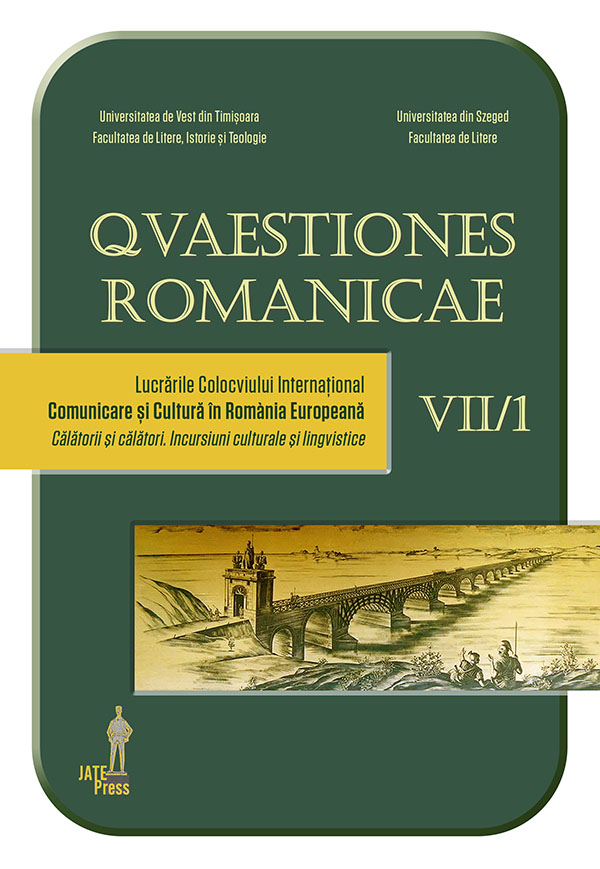Les Voyages de Francion
Abstract: (Francion’s Travels) The travel theme form a particularly revealing subject of study when we’re interested in the transfer and adaptation of the Spanish picaresque novel in French comic stories. In Spanish literature we see triumph the Christian model of homo viator for whom the journey is synonymous with harsh tribulations leading up to the moment of a conversion, but the picaresque travel depicted by the French authors loses his theological orientation and allows the advent of a new conception of humanity disengaged from its religious bearings. Our communication will enlighten the forms, issues, and the meanings of this transformation using the example of the Histoire comique de Francion. Charles Sorel’s novel is all the more interesting because it borrows significantly from the Spanish intertext, while offering new visions of the travel in its successive versions of 1623, 1626 and 1633. This travel takes at first the shape of a wandering which denotes a sharp departure from Christian values. It is combined with a libertine philosophy of life emphasising the randomness, the pursuit of pleasure and the donjuanism. The erratic trip metamorphoses then on loving pilgrimage towards the holy city of Rome where Francion joined Naïs, beautiful young woman, but also symbol of his passage to a wisdom that should be understood in the light of the news ideals of his time: the « honnêteté » and the « galanterie »
Keywords: French literature of 17th century, picaresque novel, comic stories, libertinage, social ideal of « honnêteté ».
Résumé : Le thème du voyage forme un sujet d’étude particulièrement révélateur quand on s’intéresse au transfert et à l’adaptation du roman picaresque espagnol dans les histoires comiques françaises. Là s’illustre le modèle chrétien de l’homo viator pour qui le voyage est synonyme de tribulations éprouvantes conduisant vers le moment d’une conversion, ici le voyage perd son orientation théologique et sert l’avènement d’une conception nouvelle de l’humanité, désancrée de ses repères religieux. Notre étude éclairera les formes, les enjeux et les significations de cette transformation à partir de l’exemple de l’Histoire comique de Francion. Le roman de Charles Sorel est d’autant plus intéressant qu’il emprunte beaucoup à l’intertexte espagnol, tout en proposant de nouvelles visions du voyage dans ses versions successives de 1623, 1626 et 1633. Celui-ci est d’abord associé à l’errance qui est aussi une prise de distance à l’égard des valeurs chrétiennes. Il se conjugue avec une philosophie libertine exaltant le hasard, la quête du plaisir, le donjuanisme. Il prend ensuite la forme d’un pèlerinage amoureux conduisant le protagoniste vers la ville sainte de Rome où il rejoint Naïs, belle jeune femme, mais aussi symbole du passage de Francion vers une nouvelle sagesse qui accorde beaucoup désormais aux idéaux mondains de l’honnêteté et de la galanterie.
Mots-clés : Littérature française du XVIIe siècle, romans picaresques, histoires comiques, libertinage, idéal mondain de l’honnêteté.
